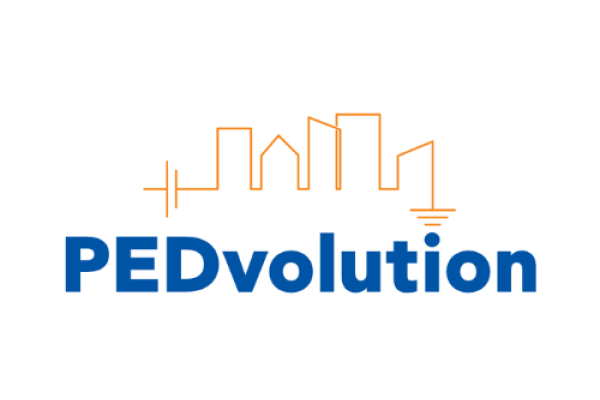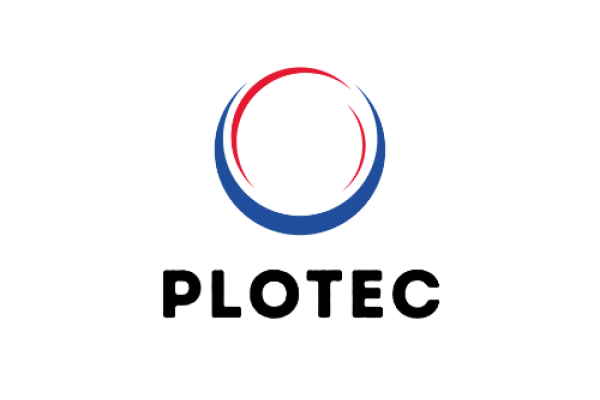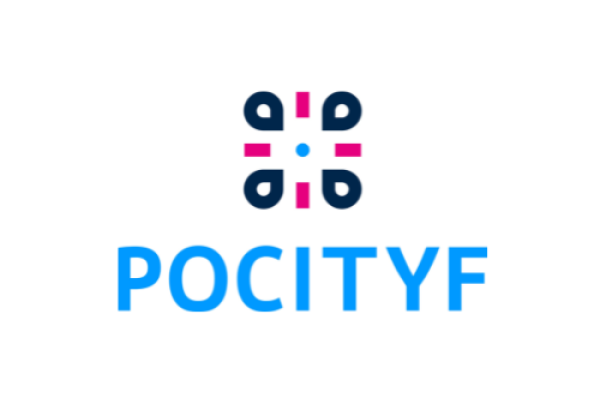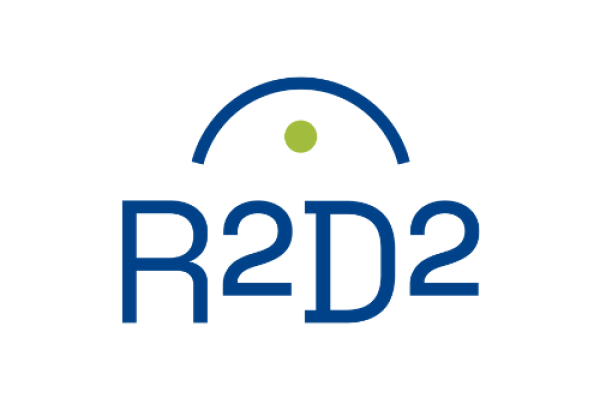
OPENTUNITY
OPENTUNITY aims to change this by creating a flexible and adaptable energy ecosystem that reduces interoperability barriers and focuses on standards that help reduce emissions and costs. To achieve its goals, the project will utilise novel methodologies and software modules to support grid operators, market actors, and prosumers.






